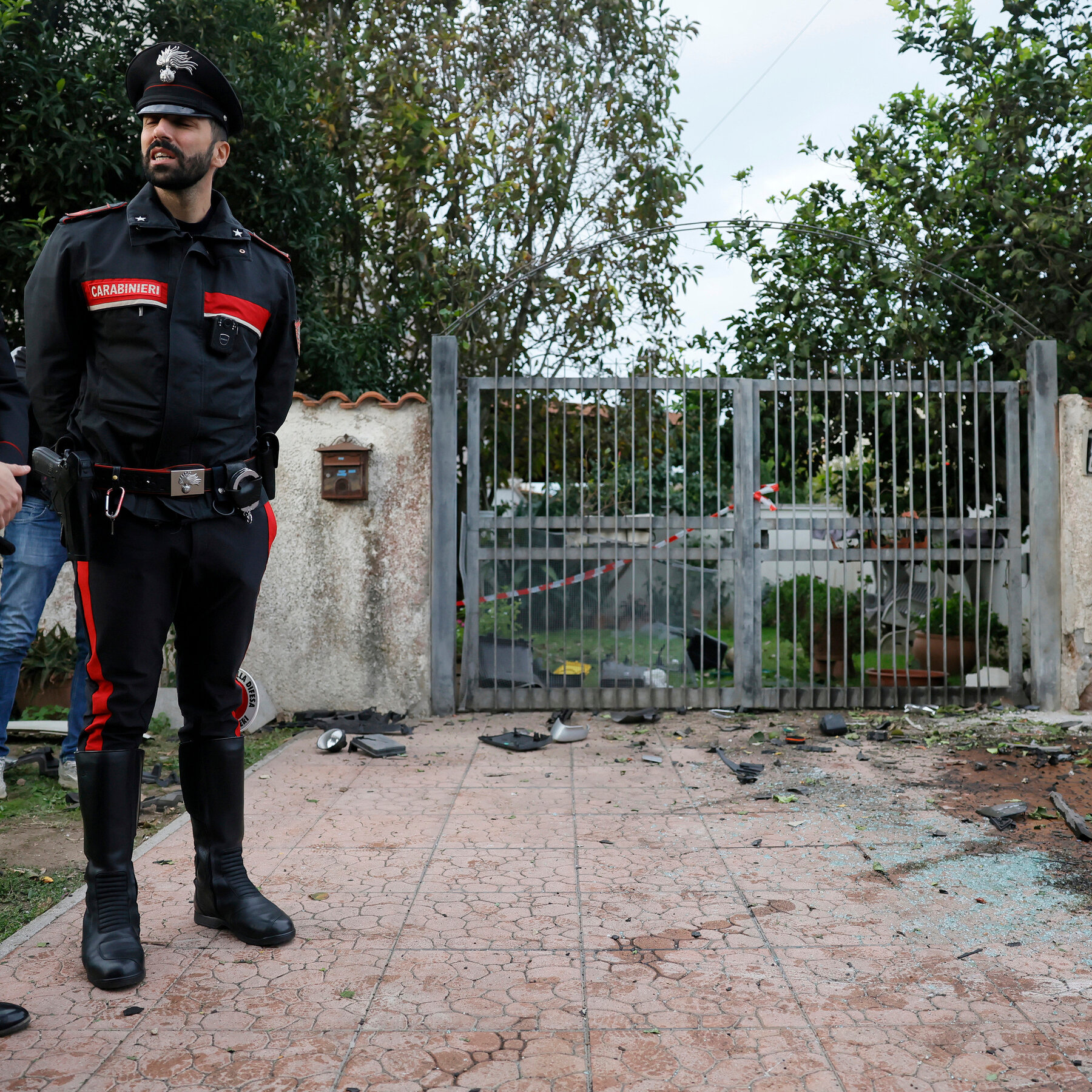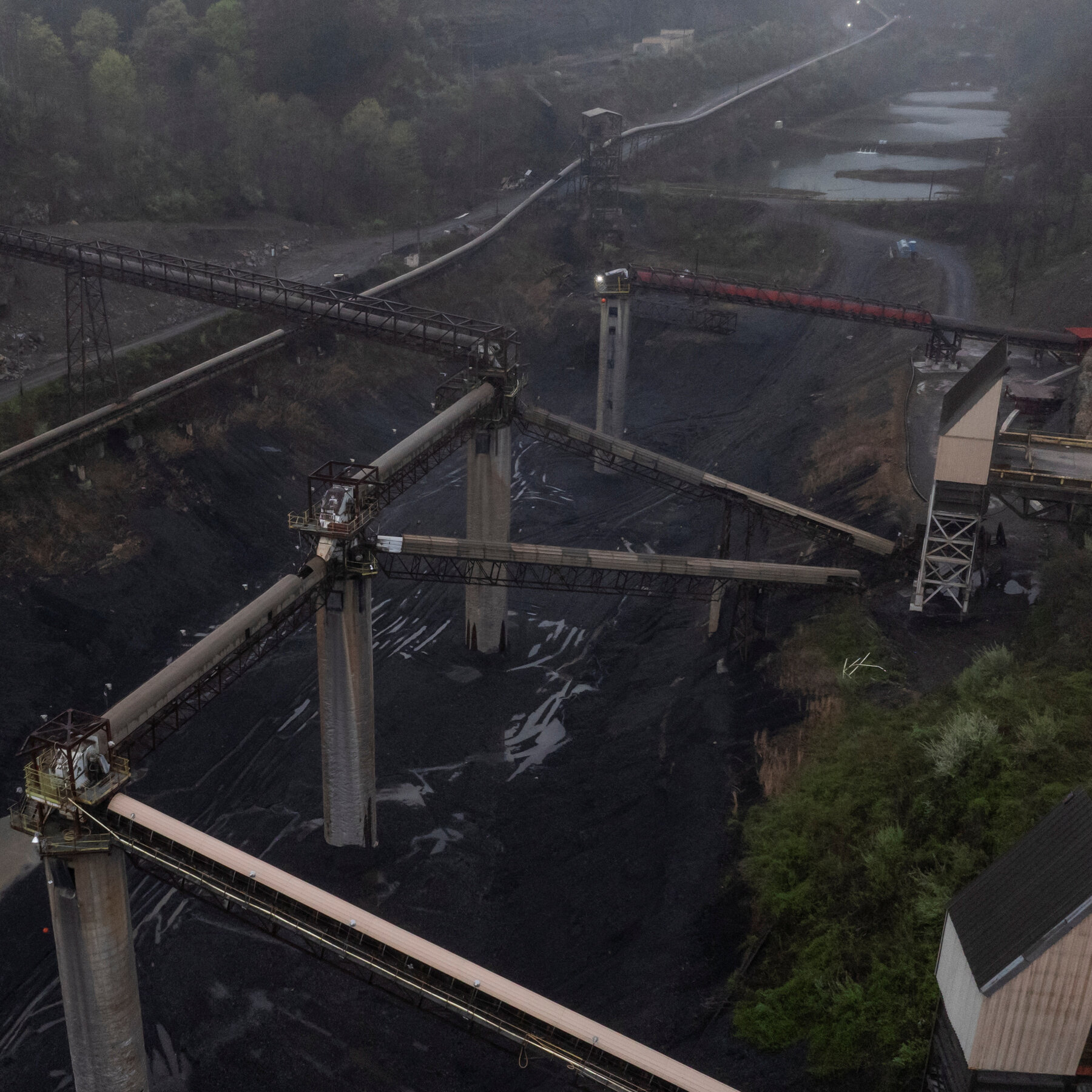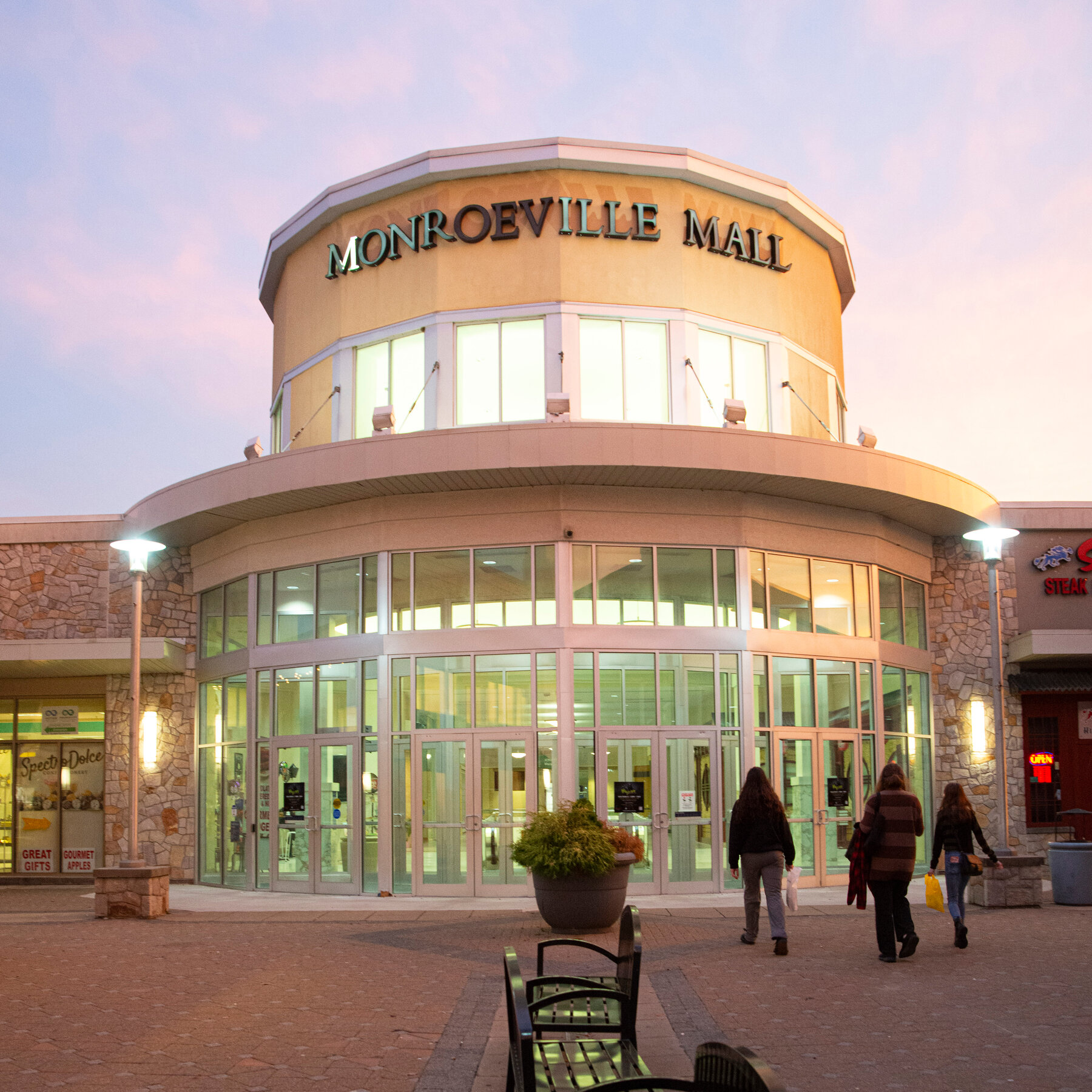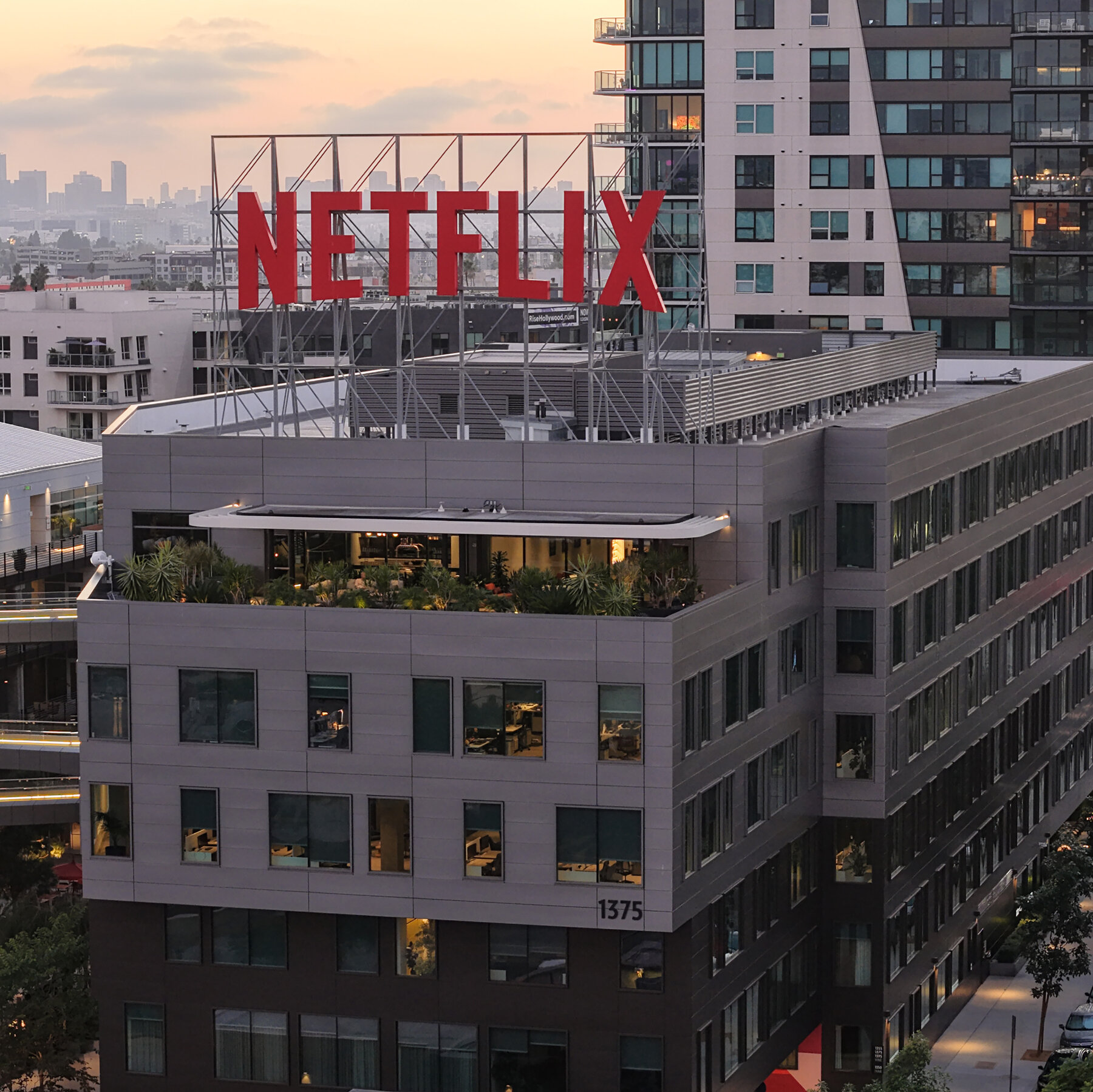Trump Claims a White “Genocide” in South Africa – Here’s What’s Really Happening
Background of the Controversial Statement
In recent weeks, former President Donald J. Trump sparked a wave of debate after asserting that South Africa is experiencing a “white genocide.” The claim, posted on his social‑media platform, quickly spread across international news outlets and ignited heated discussions among political analysts, human‑rights groups, and ordinary citizens.
What Trump Actually Said
During a televised interview, Trump said: “The violence against white farmers in South Africa is out of control. It’s almost like a genocide, and the world isn’t talking about it.” He added that the situation was “being ignored by the mainstream media” and urged the U.S. government to intervene.
Why the Claim Is Problematic
The phrase “genocide” carries a very specific legal definition under international law: the intent to destroy, in whole or in part, a national, ethnic, racial, or religious group. Critics argue that Trump’s use of the term is misleading for several reasons:
- Lack of Evidence: No credible investigation has proven a coordinated campaign aimed at exterminating white South Africans.
- Selective Focus: Crime in South Africa affects all communities, regardless of race, with high rates of murder, robbery, and assault reported across the board.
- Political Exploitation: The statement appears to echo a long‑standing narrative used by certain fringe groups to stoke fear and division.
The Reality on the Ground
South Africa’s crime statistics paint a more nuanced picture. According to the South African Police Service (SAPS) 2023/2024 report:
- Overall homicide rates have risen by 4.2% compared with the previous year.
- Farm attacks affect owners of all races; while white farmers are disproportionately represented in media coverage, black and coloured farmers also suffer violent assaults.
- The government has launched the National Rural Safety Programme to address security gaps in farming communities, but implementation remains uneven.
Community Voices
Two distinct groups have recently joined forces to highlight the broader issue of violence in South Africa:
- Farmers’ Associations: Organizations such as the South African Agricultural Union (SAAU) call for better policing, faster response times, and stronger legal protections for all rural landowners.
- Urban Civil‑Society Coalitions: Groups like the South African Human Rights Commission (SAHRC) emphasize that crime is a national crisis that requires comprehensive socioeconomic reforms, not a racially‑focused narrative.
International Reactions
Global leaders have responded cautiously. The United Nations Office on Drugs and Crime (UNODC) released a statement urging South Africa to “strengthen its criminal‑justice system and address the root causes of violence.” Meanwhile, the U.S. State Department reiterated its commitment to “support South Africa’s efforts to ensure safety for all its citizens,” without endorsing any claim of genocide.
What This Means for South Africa
While the rhetoric surrounding a “white genocide” has drawn attention to genuine security concerns, it also risks oversimplifying a complex problem. Experts stress that lasting solutions will require:
- Improved Law Enforcement: More resources for rural policing and better coordination with community watchdog groups.
- Economic Development: Addressing unemployment and inequality, which are closely linked to crime rates.
- Social Cohesion: Encouraging dialogue among South Africa’s diverse populations to build trust and collaborative safety initiatives.
Conclusion
Trump’s assertion of a white genocide in South Africa has amplified an already volatile discussion about crime and safety. The factual reality, however, points to a nationwide surge in violence that affects all South Africans, irrespective of race. By focusing on evidence‑based policies and inclusive community action, the country can work toward a safer future without resorting to sensationalist narratives.







